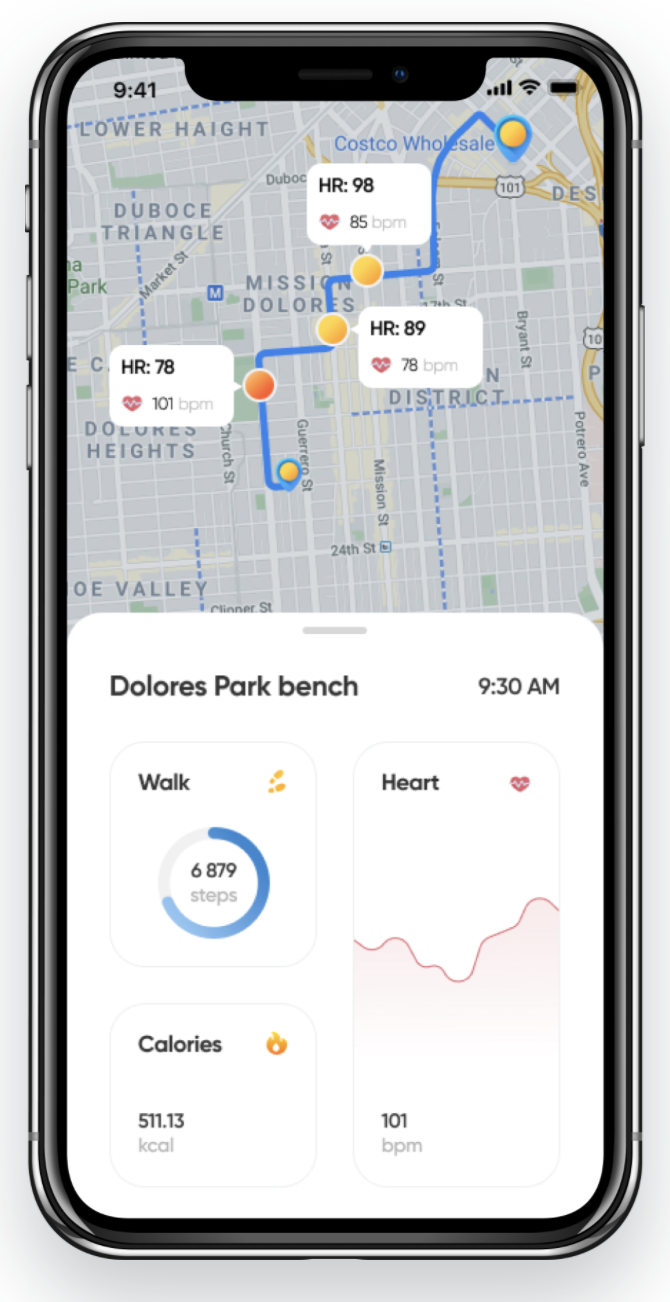|
Apple opened its App Store in 2008. It was the start of a totally new type of business. Now we can run apps on iOS, Android, TV sticks, computers (earlier, they were just programs). Many other service providers like Zoom, Stripe, Weebly, Snowflake and AWS also make it possible to build and offer apps and services on their platforms. It appears that enabling apps on a platform is a popular way to scale up businesses.
What could we see next? The big players monopolize the current app marketplace, but this ‘old model’ has its challenges for new players. The future disruptive marketplaces will be more decentralized and have new data models. Apple’s App Store has played a vital role in getting the iPhone to be the most successful mobile phone, but the apps themselves are a significant business to Apple. The App Store has been an enormous success and has become Apple’s most profitable business. Even though Android is the most extensive mobile operating system, its applications haven’t seen similar success. There are many reasons for this. Apple controls its ecosystem, but the Android market has been more fragmented, with fewer controls allowing lower quality apps. As a result, Apple’s environment generally offers a better user experience. South Korea is aiming to end Apple and Google’s commission dominance. Apple has been able to take a massive 30% fee from sales on its platform. Epic Games has challenged that position in the last year by bypassing App Store payments in its games and suing Apple for its monopoly position in the App Store. Now, a group of Senators in the US is also considering how to restrict Apple’s and Google’s control on the app market. Apple is already making App Store concessions to settle the developer suit. We will see how this ends. No other platform has achieved a similar position to the App Store. However, this hasn’t stopped multiple parties from expanding their platforms to third-party applications and targeting lower margins from the sales of apps. Sometimes the target is really to make additional revenue, but often it is just to get more popular applications on the platform and, in that way, get more use and users. The value of application stores and marketplaces for users is primarily in accessing good quality applications in one place; buy, pay and install them easily. That’s why they have become very centralized services, basically one place to purchase and pay for all applications. App Store or Stripe payment solutions have been the most straightforward solutions for consumers to pay. All this has been very centralized, technically, also from the business model point of view. Now we see a move to more decentralized solutions utilizing blockchain, whose journey has been bumpy. It also means there are new ways, like NFT, to make payments, create economic models and monetize applications. Andreessen Horowitz has been the most active Tier 1 VC to invest in distributed models, and their a16z podcast discusses how nowadays a marketplace makes sense to build on distributed architecture. Then we have another important megatrend, privacy, and how users can better control and utilize their own data. This creates another challenge for centralized application business models. Many of these applications want to collect user’s data and share that data with other parties or utilize it to target users. Users have become more skeptical of this model, and Apple has also started to restrict it. These things together lead to a new era in the application business and marketplaces:
The change from the old centralized application business to a more distributed model won’t happen overnight, and it takes time. It is hard to envisage emerging new big platforms using the old model, like Apple’s App Store. The centralized application marketplace business is a copycat business nowadays. The disruptive application marketplaces will come with new models. In the future, you can keep your financial and health data to yourself and run applications to analyze it and get practical advice for your life. You can run it in your mobile or personal cloud and pay with a commonly used token (e.g. on Ethereum) for each time you use it. There is no need to give your data to someone, no need to pay a fixed fee for the application, and no third-party monopoly to dominate the marketplace. Sounds ideal. Of course, each model has its challenges, but we have a real opportunity to move to a more user-centric application business. The next big success stories in the consumer market will be achieved with these new marketplace models. |
AboutEst. 2009 Grow VC Group is building truly global digital businesses. The focus is especially on digitization, data and fintech services. We have very hands-on approach to build businesses and we always want to make them global, scale-up and have the real entrepreneurial spirit. Download
Research Report 1/2018: Distributed Technologies - Changing Finance and the Internet Research Report 1/2017: Machines, Asia And Fintech: Rise of Globalization and Protectionism as a Consequence Fintech Hybrid Finance Whitepaper Fintech And Digital Finance Insight & Vision Whitepaper Learn More About Our Companies: Archives
January 2023
Categories |





 RSS Feed
RSS Feed
